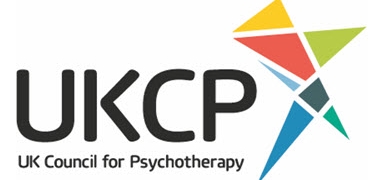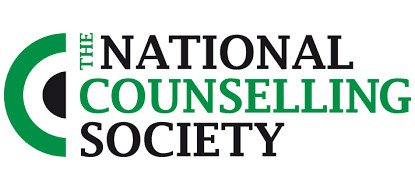Supporting men to seek counselling
/Men and counselling
Are men less in need of counselling and support? Or are there other reasons that they don't seek it?
It is a commonly known truth that the numbers of girls and women seeking support around their emotional wellbeing and mental health outweighs that of boys and young men. Perhaps, you might argue, this is hardly surprising. Doesn’t society tell us that women and girls are the most vulnerable? Do they not require our protection most of all?
Men's silent struggle
Popularisation of feminism
Recently, it seems there is growing mainstream discussion about the challenges of living as a woman in today’s society – a popularisation or reclaiming of feminism. Issues like street harassment and ‘rape culture’ are no longer issues reserved solely for academic debate but are discussed widely in the media.
Celebrities like Lily Allen and Taylor Swift are announcing themselves as feminists and calling out ‘normalised’ oppressive practices such as the sexual objectification of women through their own pop music. Even shampoo commercials now are addressing the lack of women in leadership roles and the existence of the ‘gender pay gap’. With this increased awareness, we are growing used to stories about what it feels like for women and girls to be silenced by societal pressure. These are stories with a language of emotional expression.
Statistics on men
Statistics around boys and young men tell another story. And that is not to say a contradictory story, just another one: men are 3 times more likely than women to complete suicide, with suicide itself as the leading cause of death for men aged under 45. Boys are 4 times more likely to be excluded from school and 3 times more likely to misuse drugs and alcohol. Staggeringly, only 11% of 20 – 50 year olds say there is someone they feel they can speak to in a crisis.
The insidious issue of suicide amongst men (statistics provided by CALM)
This is a story that may well be telling us that ‘being a man’ today is riddled with difficulty; that boys and men are suffering. But is it a story that enough men are telling? And do boys and men feel they have a language to tell it?
The danger of stereotypes
Throughout our lives boys and girls, women and men experience gender inequality in different ways. Men are often expected to play certain roles in the family, in social groups and in the workplace. Particularly during adolescence boys are expected to behave in stereotypical ‘masculine’ ways – to be strong, tough, and not show their feelings. We are told men are ‘naturally’ aggressive and unemotional, that talking and expressing feelings is ‘women’s business’ and as such belongs to the realm of the ‘feminine’.
Attempts to conform to the expectations of others can strangle our desires, alienate us from our ‘authentic’ selves and badly damage our self-esteem. Stress, depression and anxiety all form as symptoms of our desperate attempts to keep this suffering hidden, to ‘get on with it’, and for many to ‘man up’.
The issue of masculinity is explored by The Representation Project's film, The Mask You Live In
The power of talking
Talking about difficult feelings can make us all feel vulnerable. But how can boys and men in particular throw off the shackles of silence that society thrusts onto them without the very language to describe the ways in which they feel stifled and shamed?
Not being used to talking, or being told emotional expression is somehow a sign of weakness can make seeking help feel impossible. Yet, for those very same reasons it requires a huge amount of strength. How can something so difficult such as seeking support be considered weak? How can we re-frame help seeking as the courage, the bravery that it truly is?
Counselling for men
Talk is powerful, and opens up possibilities for new ways of thinking, bringing relief from rigid thoughts and beliefs that hold us hostage from our families, our partners, our children and ultimately ourselves. Counselling can create a safe space for boys and men to tell their stories, without feeling criticised, judged or made to feel guilty or defensive. In this space we find relief.
In reclaiming emotional expression, we are afforded the opportunity to challenge the stereotypes that many of us may feel pressurised to conform to. It can help unite us with our authentic selves, and give us the courage and tools to challenge what silences us outside the counselling room.
Taking that first step is daunting, but it is the first step toward freedom – the freedom to be truly ourselves.






